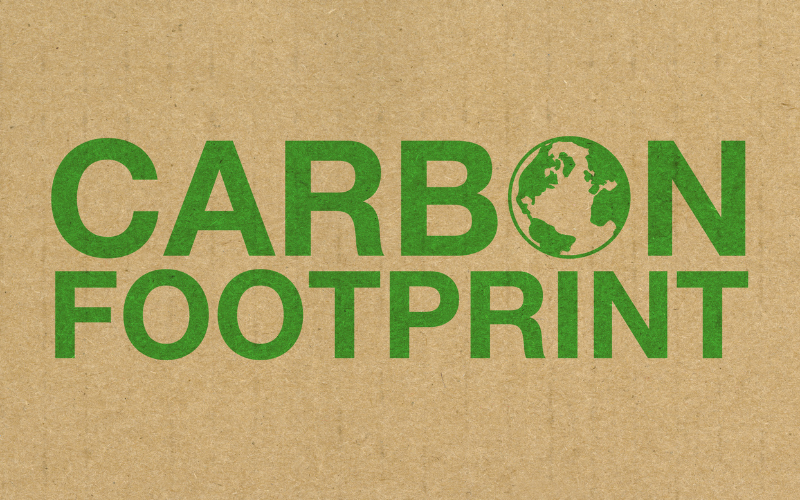
In the last few decades, a lot of research has been done on the use of potential alternative fuel sources to lessen our dependence on fossil fuels and reduce our carbon footprint. One such alternative fuel that has been gaining traction is renewable diesel made from used cooking oil. Instead of being put into a landfill, used cooking oil (UCO) is collected by professionals, like Mahoney Environmental, and recycled so it can be repurposed to create renewable fuels.
At Mahoney Environmental, we work with restaurants and foodservice businesses across the U.S. to provide regular used cooking oil pickup and recycling services. Our professionals load the used cooking oil from our client’s storage containers into our trucks so we can transport it to our facility for processing. The recycled UCO is then used to produce renewable diesel and sustainable aviation fuels (SAF) that are more efficient and leave less of a carbon footprint than fossil fuels.
With the ability to recycle used cooking oil and use it to create renewable fuels, businesses that help the foodservice industry, like Mahoney Environmental, are in a unique position to contribute to a circular fuel economy. Mahoney Environmental has always had a focus on sustainable practices that help limit our carbon footprint, and contributing to a circular fuel economy is an effective way to have a positive impact. Businesses that provide cooking oil services for the foodservice industry are taking advantage of the ability to help establish a circular fuel economy.
What is a Circular Fuel Economy?
A circular fuel economy is formed when waste from one process is used to fuel another process within the same system. This helps promote sustainability while also reducing waste.
Mahoney Environmental and other businesses that pick up and recycle used cooking oil contribute to a circular fuel economy as the used cooking oil discarded by foodservice businesses is recycled and processed to create renewable fuels, which can then be used to fuel the fleet of trucks for the businesses that pick up and recycle used cooking oil. The waste fryer oil from the foodservice businesses is ultimately used to create sustainable fuel for the UCO trucks, thereby fueling another part of the UCO recycling process, creating the circular fuel economy.
By establishing a circular fuel economy, both professionals who collect and recycle used cooking oil and foodservice establishments have an opportunity to help promote the use of renewable diesel fuel and reduce their environmental impact.
How it Works
The circular fuel economy starts with restaurants and other foodservice establishments. Cooking oil is a staple in many restaurant kitchens and is essential for their operation. Businesses must ensure that they properly handle and store their cooking oil before and after use to prevent spills that can lead to injuries and unsafe working conditions. Once the cooking oil passes its useful life, it must be stored in a proper container before it is picked up by a professional for recycling. Handling and storing the cooking oil safely and working with a professional, like Mahoney Environmental, to collect it for recycling helps foodservice establishments implement more efficient and sustainable operations and reduce their carbon footprint.
At Mahoney Environmental, we play our part in the circular fuel economy by providing regular UCO pickups from commercial kitchens. Foodservice businesses that work with a professional to collect their UCO can expect the following:
- Regularly scheduled collection
- UCO is loaded directly into the trucks, no need to interact with collectors
- Restaurant gets an accurate report of the amount of UCO collected
- UCO is transported to the facility for recycling
- The UCO is processed and used to create renewable fuels
The renewable fuels not only play an important role in contributing to the circular fuel economy as described above, but they are also a potential alternative to regular diesel fuel for fleets across industries. Renewable diesel fuel developed from recycled UCO can replace regular diesel fuel and sustainable aviation fuel (SAF) can be a viable alternative fuel source in the aviation industry.
Why Sustainable Practices Matter
It is very important for businesses to implement sustainable practices that can reduce their carbon footprint. Carbon emissions get trapped in the atmosphere and contribute to larger environmental issues such as the greenhouse gas effect which is thought to be the main reason behind global warming and climate change. Foodservice establishments produce a fair amount of carbon emissions which is why implementing sustainable practices and contributing to the circular fuel economy is so important.
Foodservice establishments can help make the foodservice industry more sustainable and reduce carbon emissions by taking steps like recycling their used cooking oil. The food recovery hierarchy is a framework for reducing food waste by avoiding surpluses and it promotes environmental, economic, and social sustainability. One of the stages of the food waste hierarchy is to recycle food waste, including UCO, and use it for the production of other products.
UCO recycling reduces cooking oil waste which helps cut down on carbon emissions. The best way for foodservice businesses to contribute to sustainable practices is to work with a professional like Mahoney Environmental to ensure that their UCO is picked up and recycled.
Mahoney Environmental has long been committed to promoting sustainable practices within the foodservice industry. We can help foodservice businesses reduce their carbon footprint by providing the following:
- Service: You can expect reliable UCO pickups and superior service from our professionals. The UCO will be loaded directly from your tanks to our trucks, and you will get an accurate report of the amount of UCO we have collected.
- Safety: Proper handling and storage of your UCO, as well as regular pickups from our professionals, help create a safer working environment. The risk of spills leading to burns and other injuries is reduced with proper UCO transfer and storage. Preventing spills helps reduce the risk of slips and falls which is one of the top workers compensation claims submitted in the restaurant industry. We can also monitor the level of UCO in your storage containers so we can make timely pickups, reducing the risk of theft.
- Sustainability: By working with us, you can help us keep UCO out of landfills where it can harm the natural environment and ensure that it is picked up for recycling so it can be repurposed to produce renewable fuels that can contribute to the circular fuel economy.
Used Cooking Oil Pickup from Mahoney Environmental
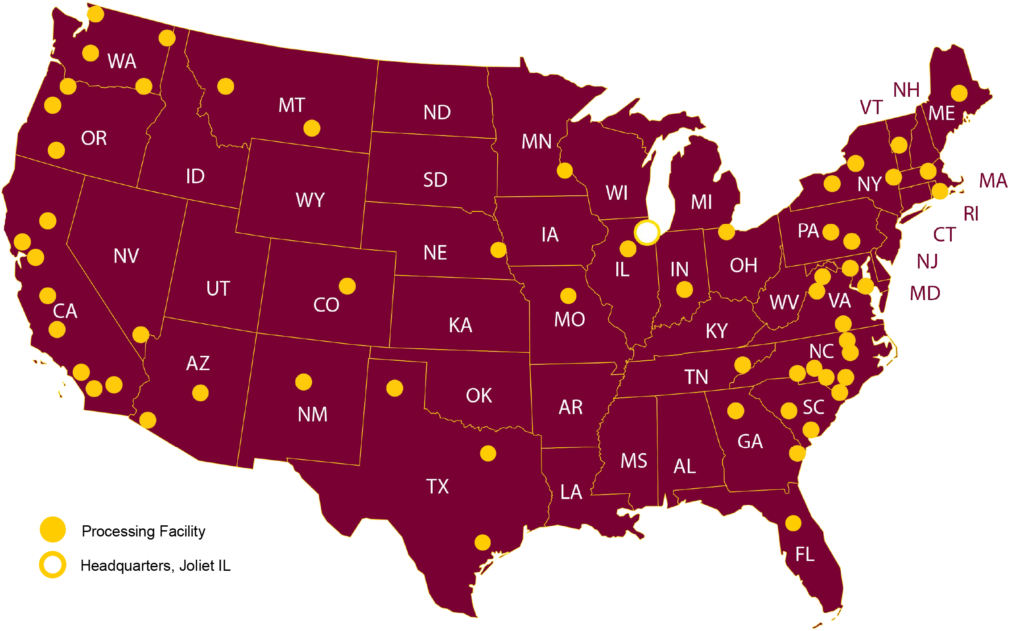
Mahoney Environmental provides used cooking oil pickup and recycling services throughout the U.S. to help foodservice businesses implement more sustainable practices that can reduce their carbon footprint. Give us a call at (800) 892-9392 or fill out a contact form.
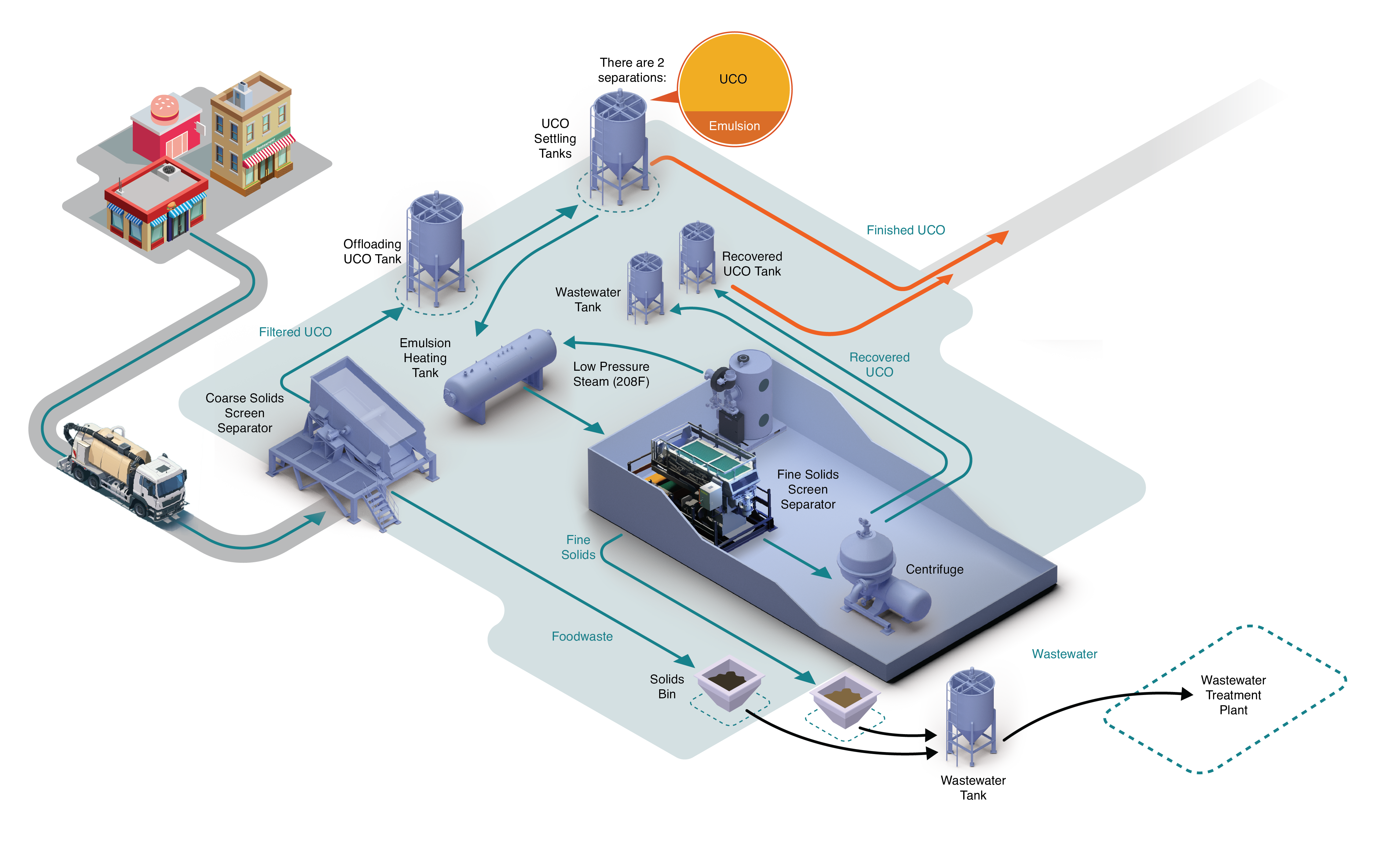
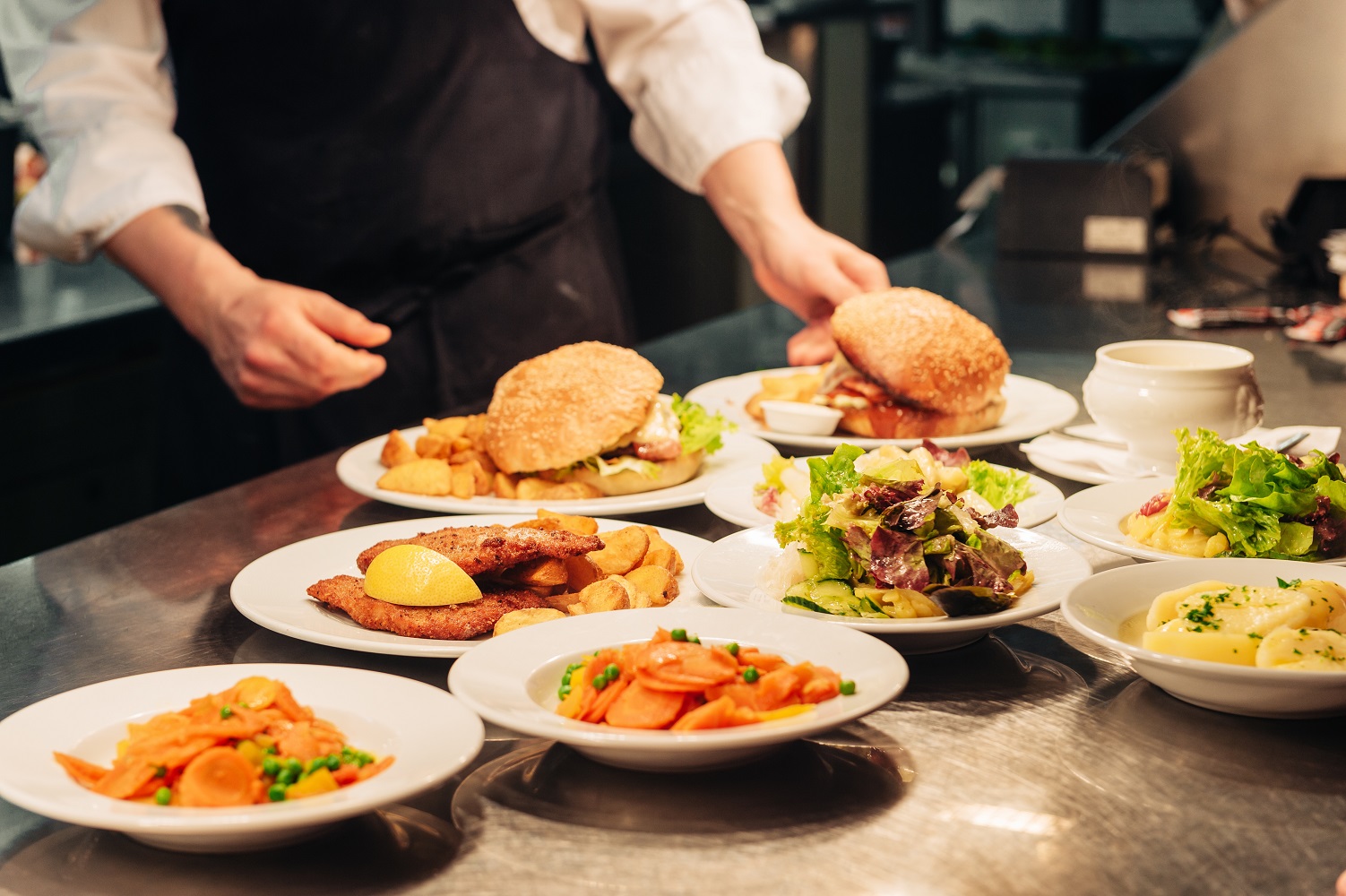
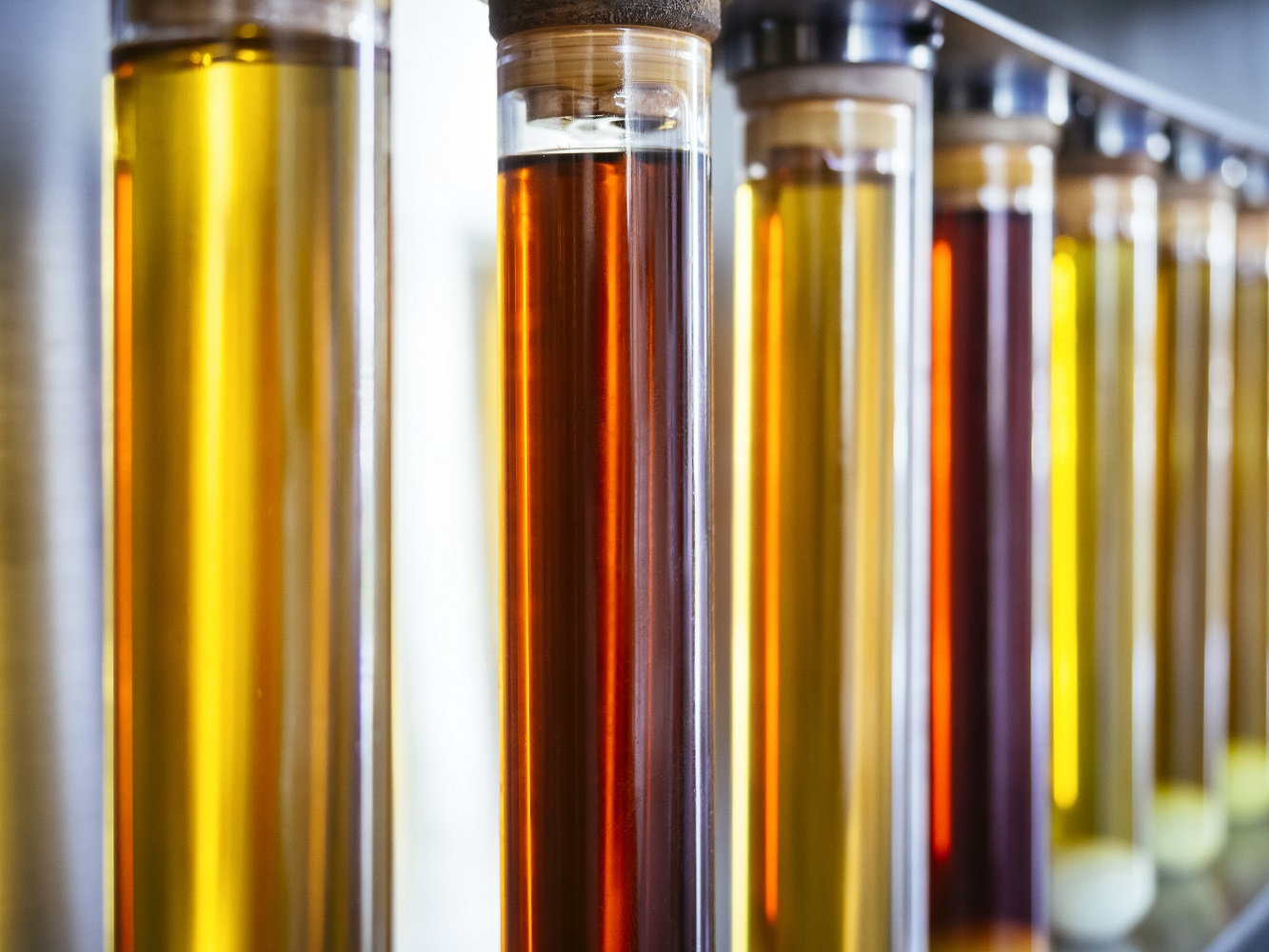
 Call Us Now (800) 892-9392
Call Us Now (800) 892-9392